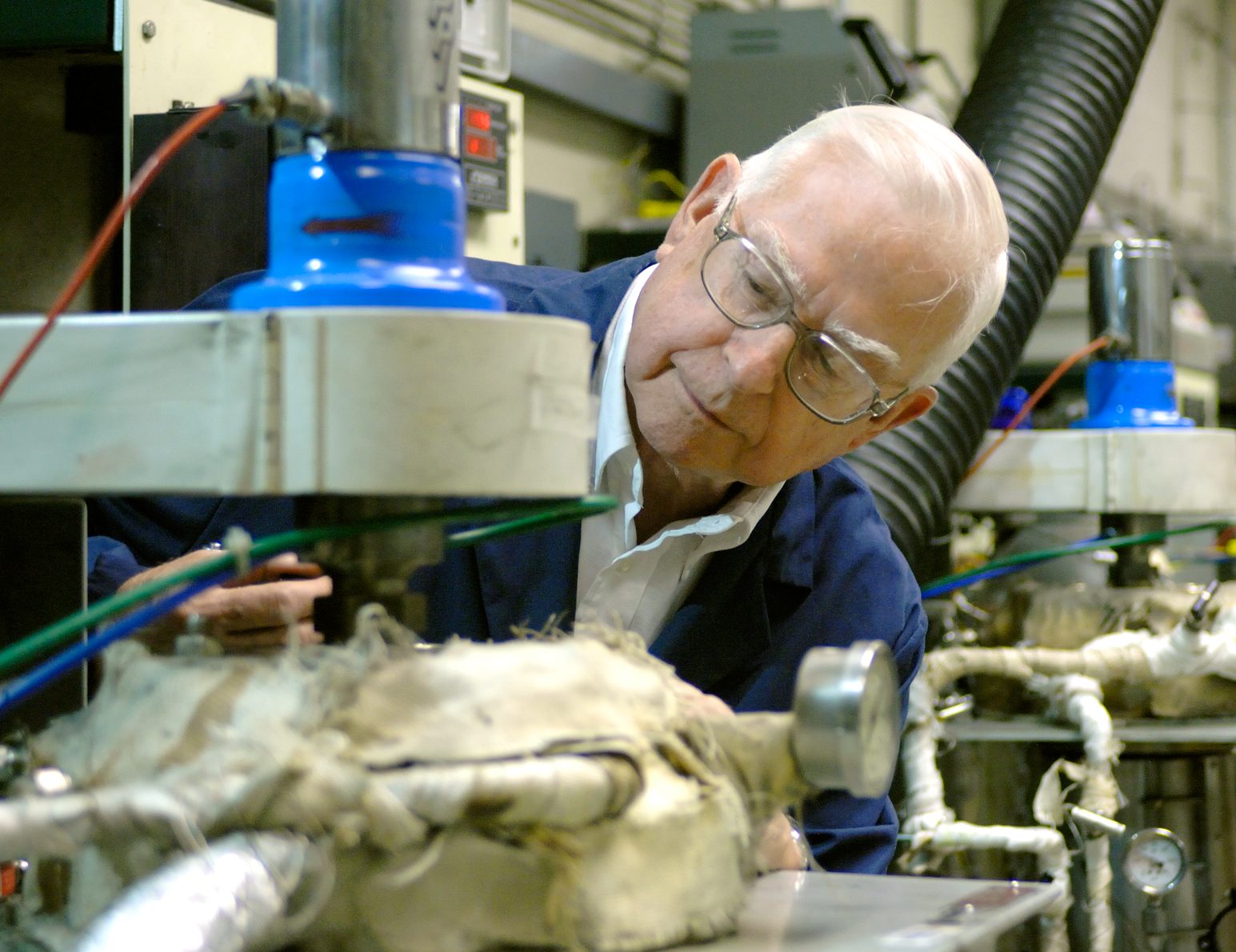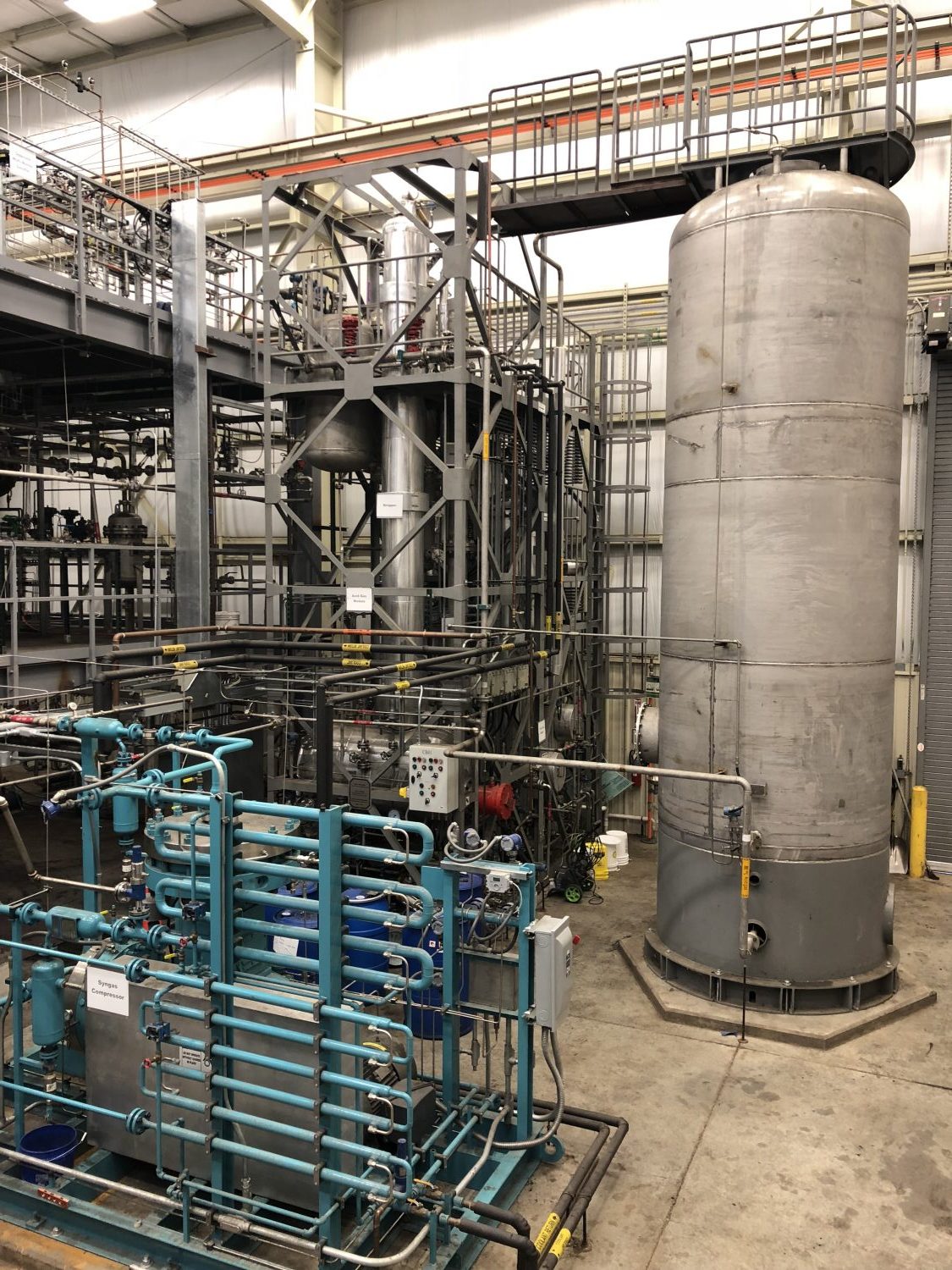CLEAN FUELS + CHEMICALS
Harnessing the technology of the past to transform the future of fuel production.
SCROLL FOR MORE ↓
Clean Fuels + Chemicals
Harnessing the technology of the past to transform the future of fuel production.
Fischer-Tropsch Catalysis Testing
For over 20 years, UK CAER has explored the catalytic conversion of coal synthesis gas to valuable chemicals via the Fischer-Tropsch (FT) process.
Coal Gasification
Exploring the commercial and technical viability of advanced coal gasification technologies, particularly how to reduce carbon emissions from these plants.
Active Projects

Fischer-Tropsch Catalysis Testing
Improving Catalysis Technology
UK CAER’s Clean Fuels and Chemicals group is internationally known for its groundbreaking Fischer-Tropsch (FT) research program. Under the guidance of world-renowned FT researcher Burt Davis, the Center has become the go-to laboratory for FT catalyst testing for industry partners.
The Fischer Tropsch process centers on the reaction of hydrogen with carbon monoxide, carbon dioxide or mixtures of these (FT synthesis) to yield one or more carbon compounds, e.g., hydrocarbons, alcohols, esters, acids, ketones, aldehydes, etc. The purification, separation, conversion or treatment of one or more of the products resulting from the FT synthesis, such as by oxidation, adsorption, solvent extraction, etc., is also of paramount importance.
The Center’s lab features 23 continuous stirred reactors (CSTR) as well a modified two-inch inside diameter, six-foot slurry bubble column reactor. The reactor produces the same amount of product that can produced in 16 CSTRs, permitting our technical team to provide sufficient sample material for a company to evaluate FT-products in a range of potential applications that they may wish to develop.

Coal Gasification
Reducing the Environmental Impact of Coal Gasification
Our 5,800 sq. foot coal/biomass to liquids (CBTL) research facility provides the scientific and industrial community with an affordable testing ground for new concepts. Our researchers evaluate the commercial and technical viability of advanced CBTL technologies. In particular, we explore the environmental considerations, including how to manage and reduce carbon dioxide emissions from these plants.

